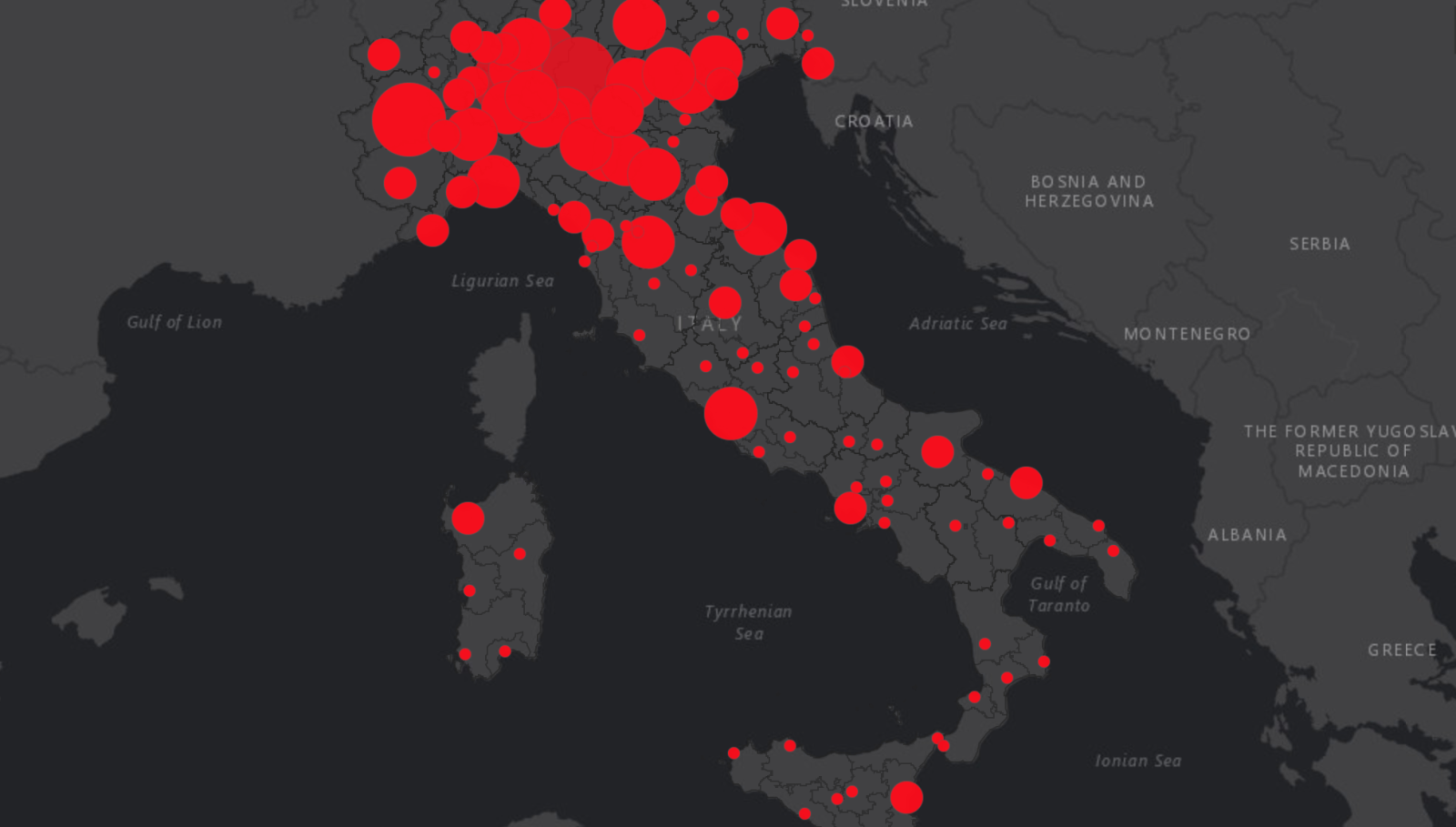As doctors and researchers we have been following with great dismay the news and statements regarding the possibility of treating patients who have severe nervous system diseases using "stem" cells, without any scientific evidence and through procedures that are not accepted by national and international rules. Our first concern is protecting patients and their families, who bear a large burden of suffering and are naturally and understandably open to any element of hope for their loved ones. As a result of this primary concern we should like to highlight a few points:
- Cell therapies, including those with stem cells, are a frontier for medical research worldwide and a hope for many patients. Great progress has been made in this field, for example in the fight against blood tumors, with important state contributions, also, and above all, with support of the civil society which expresses itself through associations like AIRC e Telethon.
- In order to protect patients, the cell therapies require the cells to be prepared in (“cell factory") structures that are highly qualified and certified.
- Furthermore, to protect patients, the innovative therapies must be carried out with a solid scientific basis, according to international medical research parameters, and carefully evaluated, again according to international medical research parameters.
- High medical and scientific qualifications, which are typical of the people who are dedicated to this issue, is the first step in protecting patients, preparing cells and carrying out clinical experimentations reliably.
- Compliance with the rules constitutes a key element when it comes to safeguarding and respecting patients. How can different quality standards regarding (certification of the structures, personnel qualification, medical and scientific groundwork) possibly be adopted?
- Using “double standards” cannot be justified, mainly with a view to protecting the patients.
- In a time when fewer and fewer resources are available for efficient therapies, we are seriously worried for their use outside of the above-mentioned criteria.
We sincerely hope that these urgent problems that have come to light in recent news can stimulate the promotion of highly qualified medical research in this field, according to procedures and methods that respect regulations, because what is most important is the patient's suffering and their families.
Gruppo2003 per la Ricerca:
Maria Grazia Roncarolo, President Gruppo 2003, Scientific Director Ospedale San Raffaele
Alberto Mantovani, University of Milan and
Clinico Humanitas Institute,
Lorenzo Moretta, University of Genoa and Director
Scientific Institute Gaslini
Alessandro Moretta, Università degli Studi of Genoa
Gruppo Italiano Trapianto Midollo Osseo:
Alessandro Rambaldi, Ospedali Riuniti di Bergamo, President
Franco Locatelli, Ospedale Bambin Gesù, AIEOP
Fabio Ciceri, Istituto Scientifico San raffaele
Andrea Bacigalupo, San Martino Hospital
Francesco Frassoni, Director of the Centro Cellule Staminali e Terapia Cellulare, Istituto Gaslini
Vincenzo Barnaba, University of Roma La Sapienza, President Società Italiana of Immunologia and Immunologia Clinica and Allergologia
Andrea Biondi, University Milano-Bicocca, President Hospital San Gerardo
Luigi Naldini, President Societa’ Europea of Terapia Genica and Cellulare
Fabrizio Pane, University of Napoli, President Società Italiana of Ematologia


